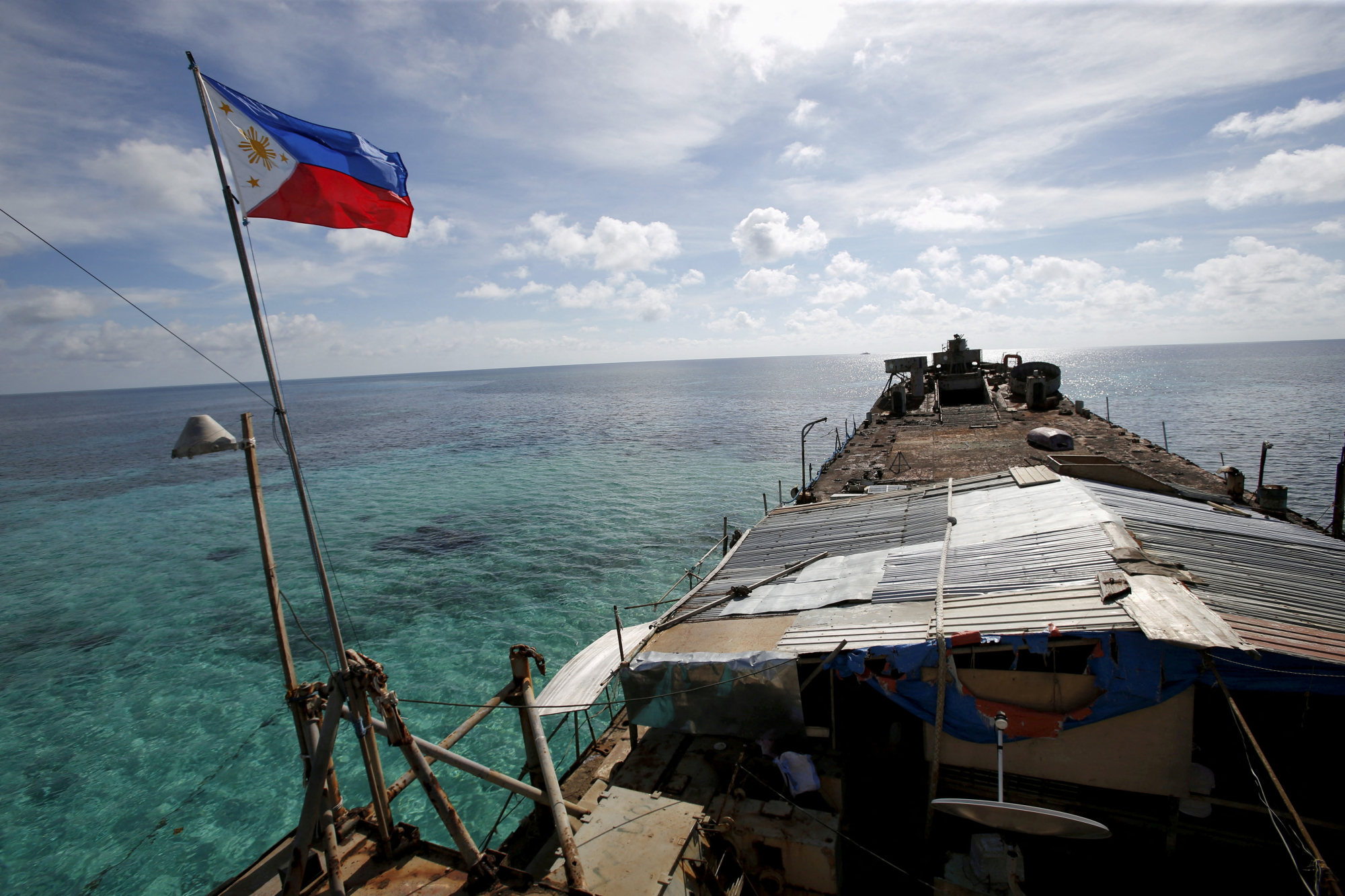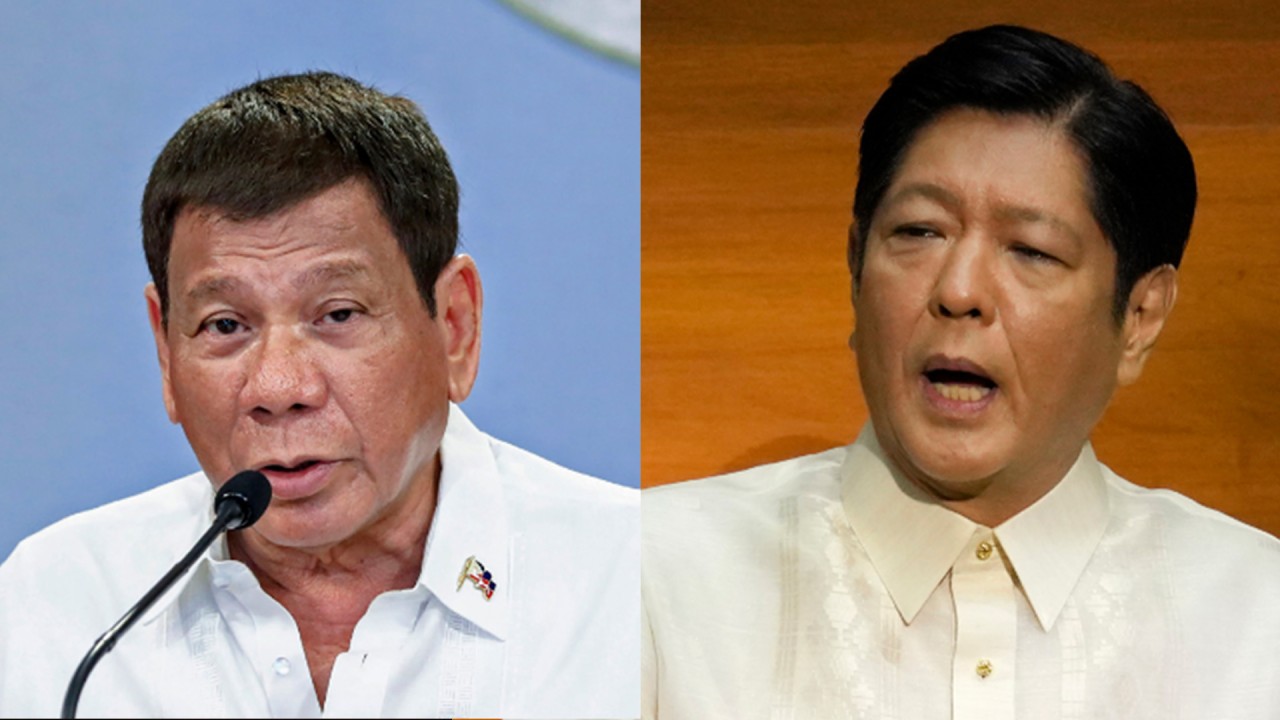The Second Thomas Shoal falls within Beijing’s 10-dash line, which encloses its maritime claims in the South China Sea, while the Philippines claims the shoal since it lies within its exclusive economic zone.

However, the Chinese embassy’s Facebook post said the Marcos Jnr government had agreed to a “new model” for conduct regarding the shoal and subsequently reneged on it.
The post, which was not published on the embassy’s official website, says the Chinese embassy met an official after Marcos Jnr took office, and made a new agreement with the government’s backing.
The post says Chinese envoy Huang Xilian on July 5 last year visited Marcos Jnr’s new defence chief Teodoro Jnr, and briefed him on the “gentleman’s agreement”.
Teodoro Jnr strongly rejected this version of events in his Sunday denial statement.
Local Philippine media reported that Huang met AFP Wescom chief vice-admiral Alberto Carlos on July 21, where Carlos stressed the need for a “diplomatic approach” in resolving competing claims in the West Philippine Sea – Manila’s term for the section of the South China Sea that defines its maritime territory and includes its exclusive economic zone.
The Philippines’ National Security Council will leave it to the military to decide whether to investigate Carlos over the matter, said Jonathan Malaya, the council’s assistant director general, on Monday.
Antonio Carpio, a retired Supreme Court associate justice and an analyst of international law, expressed doubt that the “unauthorised Philippine government personnel realised that they were negotiating with a foreign government and committing the Philippine’s government”.
“Only the Department of Foreign Affairs (DFA) is authorised to negotiate and conclude agreements with foreign states,” he said.
“The Chinese embassy cannot just negotiate directly with Philippine agencies without going through the DFA. The Chinese embassy should follow protocol and negotiate only with the DFA.”


